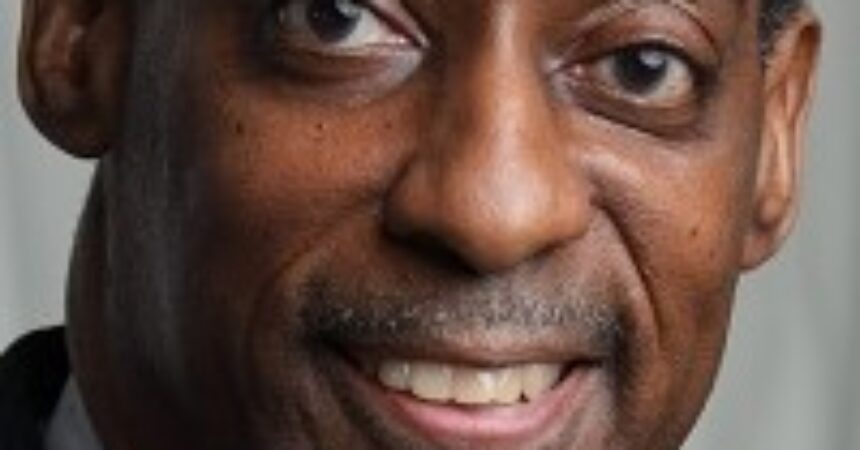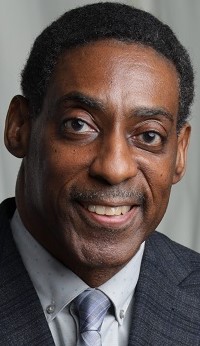
A message to today’s Black conservatives

It should come as no surprise that the head of the Alabama Department of Early Education, Barbara Cooper, was recently compelled to resign over a teacher resource guide which Gov. Kay Ivey denounced as too “woke”.
The book in question is a widely-used resource guide for early childhood educators that informs teachers that the “early education system is not immune” from the forces of “systemic and institutional racism” embedded in the history and development of the United States.
Cooper’s refusal to accept the book’s removal forced her to leave. Gov. Ivey’s anti-woke views is in agreement with the shifting attitudes away from any type of racial sensitivity training and awareness. It brings us to a valid question regarding Black conservatives. How do Black conservatives align themselves with the changing cultural landscape within the Republican Party and the rise of the MAGA movement?
There are specific reasons why moderate and prominent Black conservatives such as Michael Steele and Colin Powell separated themselves from the GOP. Michael Steele made history twice. He became the first African-American to be elected to statewide office in Maryland, where he was elected lieutenant governor from 2003 to 2007. He was later chosen as the first Black chairman of the Republican National Committee (RNC) from 2009 to 2011.
Under Steele’s leadership, the RNC broke fundraising records with more than $198 million raised during the 2010 congressional cycle; and Republicans won 63 House seats representing the largest pickup since 1938. Steele’s commitment to grassroots organizing and party-building at the state and local levels produced 12 governorships and the greatest share of state legislative seats since 1928, reflecting a pickup of more than 600 seats.
Today, Steele has distanced himself from the Republican Party he once led, as he has spoken out against former President Donald Trump’s racially divisive politics. While he still remains a Republican, Steele supported Joe Biden for president in 2020. He is the first to admit he is out of step with the 2023 version of the GOP who he believes is not salvageable in its current form. Colin Powell, on the other hand, left the Republican Party.
Powell was a political independent during his military career but, after retirement in 1993 and a bestselling memoir, he was aggressively pursued by both Democrats and Republicans as a potential presidential candidate. He sided with the Republicans, explaining how he aligned with them on fiscal responsibility, small government and low taxes. At heart, he was a Black conservative who disagreed with the GOP on issues of inclusion.
“I believe I can help the party of Lincoln move once again close to the spirit of Lincoln,” Powell said as he announced he would not run for president in 1996. It was a line that was, in the words of the New York Times, a “clear reference to the issues of race, opportunity and social welfare that had him at odds with ranking conservative Republican ideologues who threatened fierce resistance to his candidacy.”
For Powell, it was the global risk from Trump plus the threat to democracy, which alienated him from the Republican Party. The deadly insurrection by a pro-Trump mob at the U.S. Capitol was the final straw. At the time of his death, in an acknowledgment of how far the party had moved away from his views, Powell no longer considered himself a Republican.
As we strive to become the “perfect union”, a respected public servant such as Colin Powell should never feel compelled to leave his political party due to the divisive influence of Trumpism. The same is true for Barbara Cooper who was forced to resign due to the hostile anti-woke movement perpetuated by Trump and his MAGA supporters
In 1998, on the 50th anniversary of President Harry Truman’s Executive Order 9981, General Colin Powell spoke about the impact of Truman’s decision to desegregate the military made on his life. Every president is a product of their environment, including Harry Truman.
Truman once wrote, “I am strongly of the opinion that Negros ought to be in Africa, yellow men in Asia and White men in Europe and America.” Truman came by those beliefs from his upbringing in Missouri where his grandparents owned slaves and he grew up in a home that openly detested Reconstruction and Abraham Lincoln. While he developed an abiding belief in White supremacy at an early age, Truman as president eventually acquired the spirit of Lincoln.
The beating and murders of recently returned African American World War II veterans in the South captured the nation’s attention. Truman was moved to appropriately act, but it took pressure from Black civil rights groups who effectively articulated the Black experience to a man who was a White supremacist.
“My stomach turned over when I learned that Negro soldiers, just back from overseas, were being dumped out of army trucks in Mississippi and beaten,” Truman said. “Whatever my inclinations as a native of Missouri might have been, as president I know this is bad. I shall fight to end evils like this.”
Donald Trump like Truman is a White supremacist who is a product of his environment. Where Truman proved to have a conscience, Trump continues to promote racial division. As leaders of the today’s Republican Party continue to show an unwilling to embrace the spirit of Lincoln, will Black conservatives stay aligned or distance themselves from the party?
David W. Marshall is founder of the faith based organization, TRB: The Reconciled Body, and author of the book “God Bless Our Divided America.” He can be reached at www.davidwmarshallauthor.com







